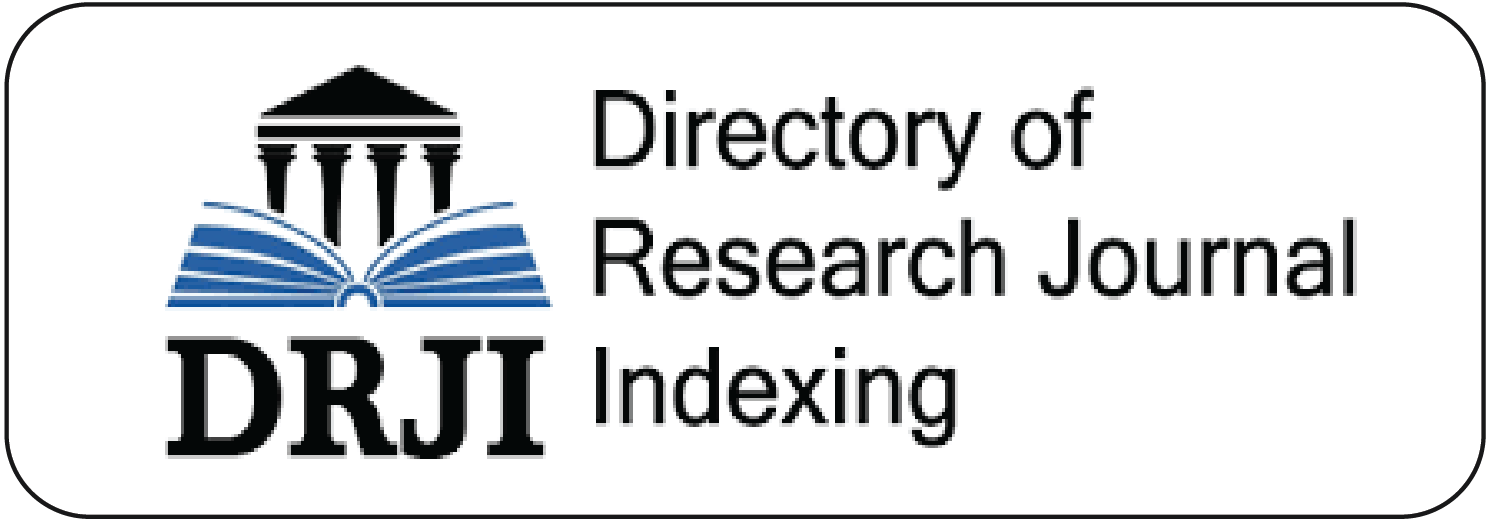Effect Of Islamic Social Finance Exclusion On Sustainable Livelihood Assets Acquisition And Persistent Poverty In Zanzibar
DOI:
https://doi.org/10.51377/azjaf.vol2no2.58Keywords:
Voluntary exclusion, non-voluntary exclusion, Islamic social finance, Sustainable livelihood assets, Persistent povertyAbstract
The aim of this paper is to examine the relationship that exists between voluntary and non-non-voluntary Islamic social finance exclusion and sustainable livelihood assets (social capital, natural capital, physical capital, and human capital) among the household’s head in Zanzibar. The survey questionnaire was distributed to the head of household with sample size of 287 and data were collected and analysed based on both factor analysis and structural equation modeling using SPSS 23.0 and Amos 23.0 software. The results indicated that non-non-voluntary Islamic social finance exclusion factors impede financial inclusion of the poor in Zanzibar rather than voluntary Islamic social financial exclusion factors. This implies that non-voluntary Islamic social finance exclusion has great implication for the acquisition of the sustainable livelihood assets due to the combined effect of lack of awareness about Islamic social finance services on one hand and the cost associated to it on the other. This has great implications for the acquisition of the requisite livelihood assets needed to exit the persistent state of poverty raveling Zanzibar. This paper contributes to the government efforts through Waqf and Trust commission Zanzibar (WTCZ) to review these three Islamic social funds (Waqf, zakat and almsgiving) for the purpose of poverty alleviation in Zanzibar.
Downloads
Downloads
Published
How to Cite
Issue
Section
License
Copyright (c) 2021 Abdalla Ussi Hamad, Adewale Abideen Adeyemi

This work is licensed under a Creative Commons Attribution-NonCommercial-NoDerivatives 4.0 International License.





















